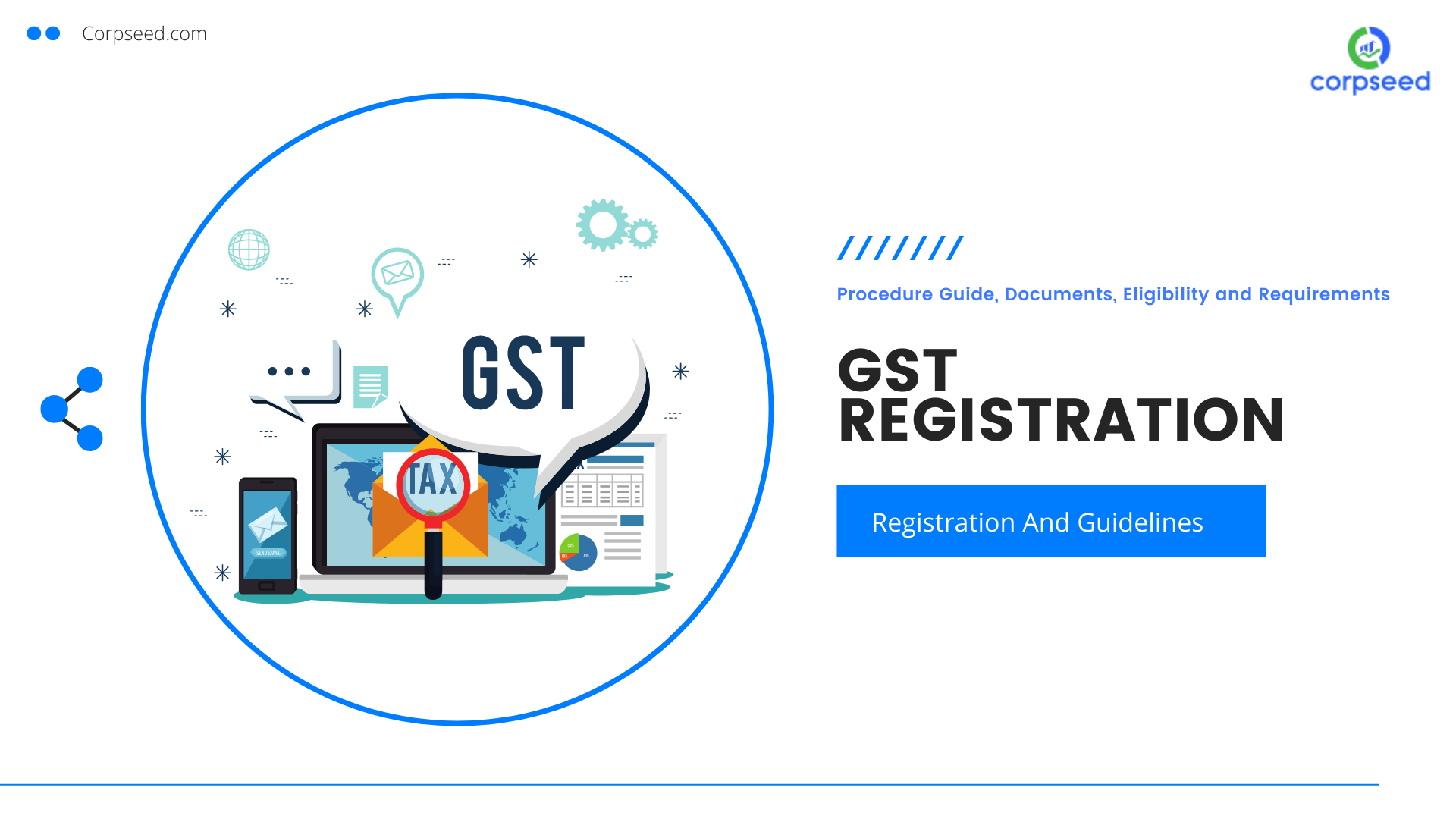Step-by-Step Refine for Singapore GST Registration Explained
Step-by-Step Refine for Singapore GST Registration Explained
Blog Article
The Ultimate Overview to Streamlining the GST Registration Process and Requirements for Small Business Owners

Comprehending GST Fundamentals
To grasp the principles of the Goods and Services Tax (GST) system, local business owners need to initially recognize its underlying principles and effects. GST is a value-added tax imposed on most goods and services for domestic usage. It aims to streamline the taxes procedure by changing several indirect taxes enforced by the state and central governments. Under the GST routine, businesses are required to accumulate and register tax in behalf of the federal government, making certain transparency and compliance.
One of the crucial principles of GST is input tax credit rating, which enables businesses to declare credit scores for tax obligations paid on their acquisitions. Comprehending these fundamental principles is vital for small organization owners to browse the complexities of the GST system and ensure conformity with the regulation.
Eligibility Requirements for Registration
Having actually developed a fundamental understanding of GST concepts, small service owners must now meet specific eligibility criteria to proceed with the registration procedure (Singapore GST Registration). Organizations that were registered under the previous tax program (BARREL, service tax, etc) are likewise mandated to sign up under GST. Agricultural companies that only provide generate out of key manufacturing are exempt from GST enrollment.
Documents Required for GST Registration

Simplified Registration Refine Steps
Following the collection and verification of the requisite files, the registration procedure for GST can be navigated through a collection of streamlined steps created to help with effective compliance for local business owners. The very first step includes visiting the GST site and selecting the 'New Enrollment' option. Ultimately, the applicant needs to fill out Component A of the GST REG-01 form with details such as frying pan, mobile number, and e-mail address to get an OTP for verification. Once the OTP is received and gone into, a Momentary Recommendation Number (TRN) is generated for additional procedures. The following action calls for completing Component B of the type with required organization information, publishing supporting files, and completing the confirmation process utilizing DSC or EVC. Finally, upon effective confirmation, an Application Referral Number (ARN) is released, suggesting the completion of the GST registration process. By following these simplified actions, tiny organization owners can efficiently register for GST and make sure conformity with tax obligation policies.
Tips for Ensuring Conformity
To keep regulative adherence and operational stability, thorough oversight and positive measures are critical in making sure conformity with GST requirements for small business owners. Tiny organization owners have to stay upgraded with GST regulations, have a peek at these guys submitting due dates, and any type of adjustments in tax prices to avoid charges and preserve a good standing with tax authorities. Attending GST recognition workshops or training programs can improve understanding and conformity with GST guidelines, eventually benefiting the organization in the lengthy run.
Conclusion
In verdict, small company owners must comprehend the fundamentals of GST, meet the qualification criteria, collect essential files, and adhere to the simplified enrollment process steps to guarantee conformity. By streamlining the GST enrollment procedure and demands, small company owners can stay clear of penalties and operate their businesses smoothly within the legal framework - Singapore GST Registration. It is important for small company proprietors to stay informed and compliant with GST laws to maintain a successful company procedure
Little business owners seeking GST enrollment have to ensure go to my site they collect and submit the needed files to complete the enrollment process efficiently. The documents required for GST enrollment commonly consist of evidence of business registration or incorporation, FRYING PAN (Long-term Account Number) card of the business identification, entity and address evidence of the promoters/partners/directors, pictures, address evidence of the area of organization, bank account statements or terminated cheques, and consent kinds. Attending GST understanding workshops or training programs can enhance understanding and compliance with GST laws, inevitably benefiting the organization in the long run.
By simplifying the GST registration procedure and needs, tiny business owners can avoid fines and operate their organizations smoothly within the lawful structure. It is important for small service owners to remain enlightened and compliant with GST guidelines to maintain an effective organization procedure.
Report this page